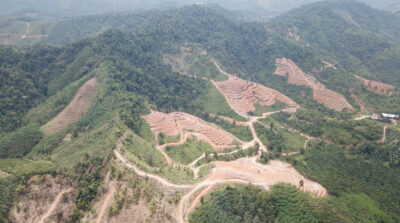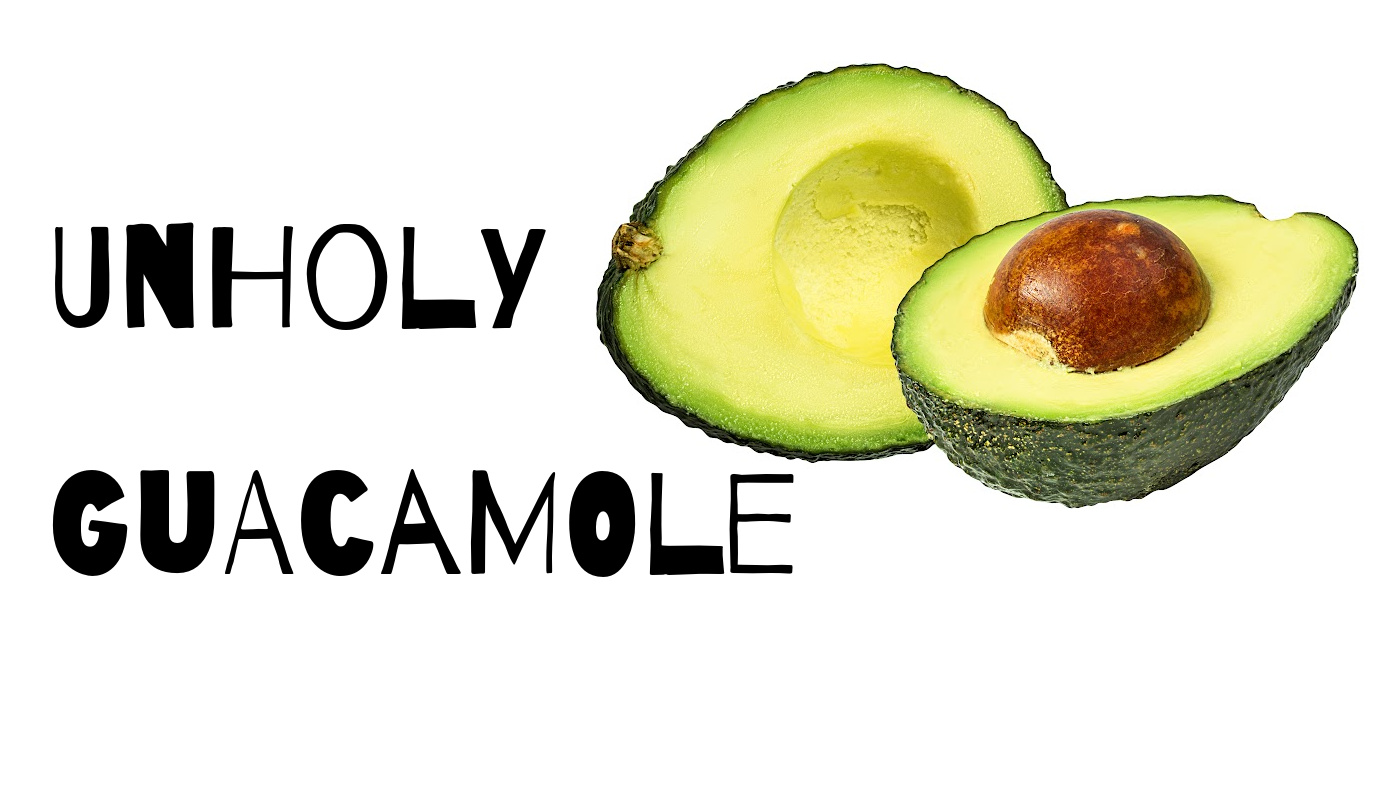The Environmental Toll of Mexico’s Avocado Boom
In recent years, the global demand for avocados has skyrocketed, bringing economic prosperity to Mexico, the world’s largest producer of this highly sought after fruit. But, this agricultural boom comes at a severe environmental cost, most notably through deforestation. The rapid expansion of avocado farms, particularly in Michoacán, has led to widespread clearing of forests, resulting in devastating ecological consequences.
Deforestation and Biodiversity Loss
Converting forests into avocado plantations has profoundly disrupted local ecosystems. These forests are home to a vast array of plant and animal species, providing essential habitats and maintaining ecological balance. As vast swaths of trees are cleared, biodiversity plummets. Wildlife corridors vanish, and many species, including jaguars and monarch butterflies, face increased risks due to habitat fragmentation. The loss of these ecosystems not only threatens wildlife but also destabilizes the environment’s natural resilience.
Furthermore, avocado farming often replaces rich, diverse forests with monocultures, which lack the complexity necessary to support thriving ecosystems. This shift reduces plant diversity and weakens the land’s ability to recover from environmental stresses, further accelerating biodiversity decline.

Impact on Water Resources
Avocado trees require an immense amount of water to thrive, placing immense strain on local water sources. Native forests, with their dense root systems, naturally regulate water filtration and aquifer replenishment. When these forests are cleared, water retention diminishes, leading to increased runoff, soil erosion, and declining groundwater levels.
The demand for irrigation in avocado farming depletes aquifers and disrupts local water cycles. During dry seasons, water shortages become more pronounced, affecting both communities and agriculture. As water resources dwindle, conflicts over access to clean water intensify, making sustainable water management a pressing concern.
Carbon Emissions and Climate Change
Deforestation for avocado production significantly contributes to greenhouse gas emissions. Forests act as crucial carbon sinks, absorbing carbon dioxide from the atmosphere. When trees are cut down and burned or left to decompose, stored carbon is released, adding to the growing concentration of greenhouse gases.
Additionally, the soil degradation caused by intensive avocado farming further reduces carbon sequestration capacity. With fewer trees to absorb carbon dioxide and deteriorating soil health, avocado farming exacerbates climate change, contradicting the fruit’s reputation as an environmentally friendly superfood.
Challenges and Efforts Toward Sustainable Avocado Farming
As the environmental impact of avocado farming becomes increasingly evident, various stakeholders, including farmers, conservationists, and policymakers—are working to implement sustainable practices. Agroecological farming methods, such as crop diversification and integrated pest management, help reduce environmental damage. Certification programs like fair trade and organic labels encourage more sustainable growing techniques while promoting ethical labor practices.
Reforestation initiatives and protected conservation areas are also being developed to restore lost ecosystems. However, enforcing sustainability measures remains a challenge. The high global demand for avocados continues to drive deforestation, and many small farmers lack the financial resources to transition to environmentally friendly practices.
Conclusion
While Mexico’s avocado industry provides substantial economic benefits, its environmental toll cannot be ignored. The destruction of forests, depletion of water resources, and increased carbon emissions present urgent ecological challenges. Sustainable farming practices and stronger environmental regulations are essential to mitigating these impacts, ensuring that avocado production can continue without compromising the health of our planet.

